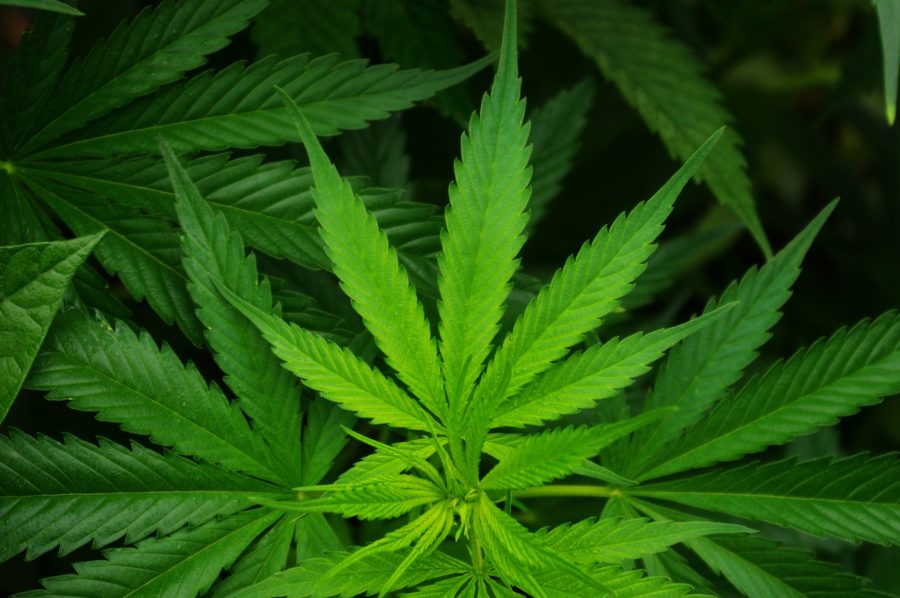Marijuana should be legalized nationally
Some public high schools in New Jersey have legalized medical marijuana.
February 24, 2017
Ever since I was in middle school, I was told that marijuana was bad. That it was a gateway drug. That using it would inevitably lead someone, even myself, to a life of crime and bath-salts-induced rage sprees. And for a long time, I believed just that.
But it isn’t as simple as I once thought. I believe that marijuana should be legalized nationally, at the very least for medical use. And no, I don’t own socks with weed leaves on them, and I don’t think I’m edgy for my opinion. I just think that current federal laws are outdated and unfair.
Objectively, I get why people can group marijuana in with other drugs in the “just say no” speeches. Substance abuse is nothing to take lightly. According to the National Institute of Drug Abuse, up to 20,000 people die annually from illicit drug overdose. But marijuana isn’t a deadly drug.
According to the U.S. Drug Enforcement Administration, or DEA, there has never been a recorded death from marijuana overdose. Despite that fact, cannabis is categorized as a “Schedule I” substance, which is to say a substance with no medical value and high potential for abuse, according to the DEA. Other Schedule I drugs include heroin and LSD. That’s right, the same heroin that killed almost 1,000 people in New Jersey alone in 2015, according to NJ.com. The same LSD that can completely alter your senses, according to the National Institution on Drug Abuse. I won’t get into why marijuana was classified this way in the first place, but I will say that I blame Richard Nixon, who is my historic political nemesis for unrelated reasons (Watergate).
Despite its classification, marijuana does have medical benefits. According to Harvard Health Publications, certain forms of medical marijuana are used to ease nausea and vomiting in chemotherapy patients. It can even help people with mental conditions like psychosis, schizophrenia and anxiety. Some strains are even being grown to specifically help people with epilepsy and other seizure disorders.
Even public high schools in New Jersey have legalized some form of marijuana use. According to NJ.com, disabled and sick students in New Jersey are allowed to use medical marijuana on school grounds if they have a prescription.
With some benefits already known, it seems counterintuitive that the Obama Administration upheld the ban on marijuana research this August, according to NJ.com. With no research being done, how will people ever know the full effects of marijuana, for better or worse? The answer is they won’t. We’ll be stuck in a stalemate.
Seven states, including California have already fully legalized marijuana, and not just stoners are feeling the effects. Business Insider reported that by 2018, the marijuana market in California would total $4.27 billion and reach $6.45 billion by 2020. California only recently fully legalized recreational use of the drug. That is a lot of cash coming in for such a short period of time.
Between the medical aspect and the potential economic benefits, legalizing marijuana shouldn’t be as controversial as it is. It may be hard to reach federal legalization in upcoming years, in light of the Republican domination of Washington, but getting things done in Washington is rarely simple.
By continuing protests and pushing for the right to research marijuana more fully, maybe this country will come out of the stone age and move on to greener pastures.





